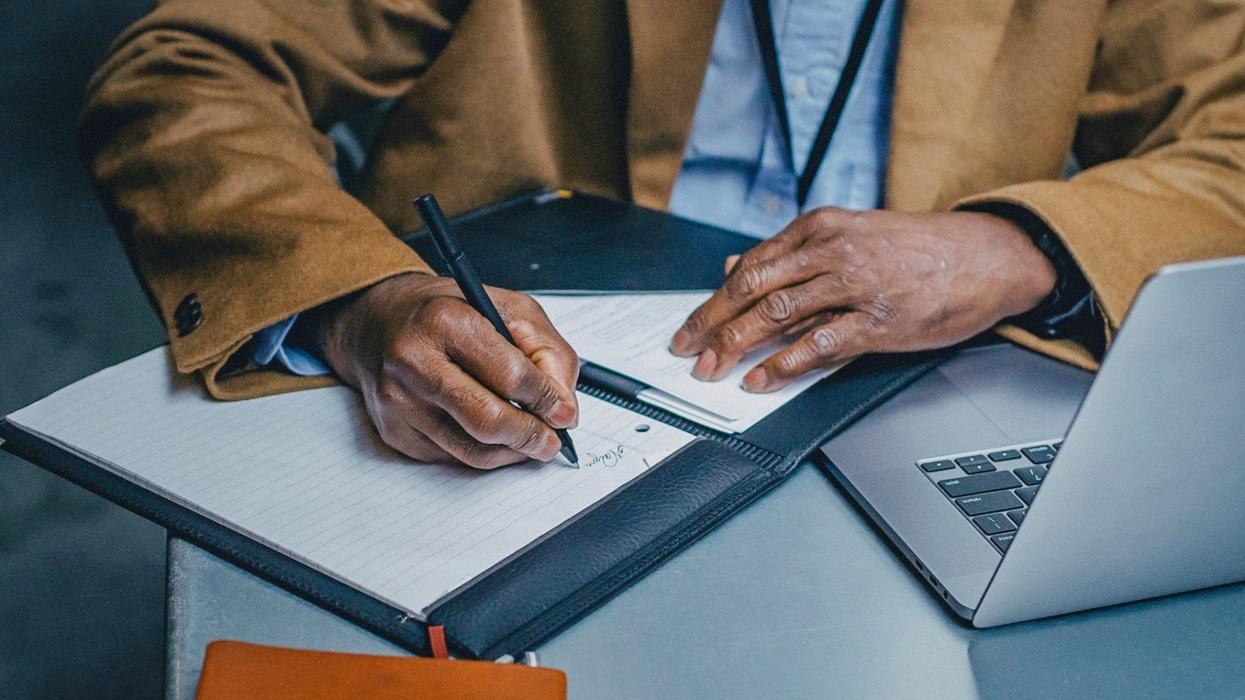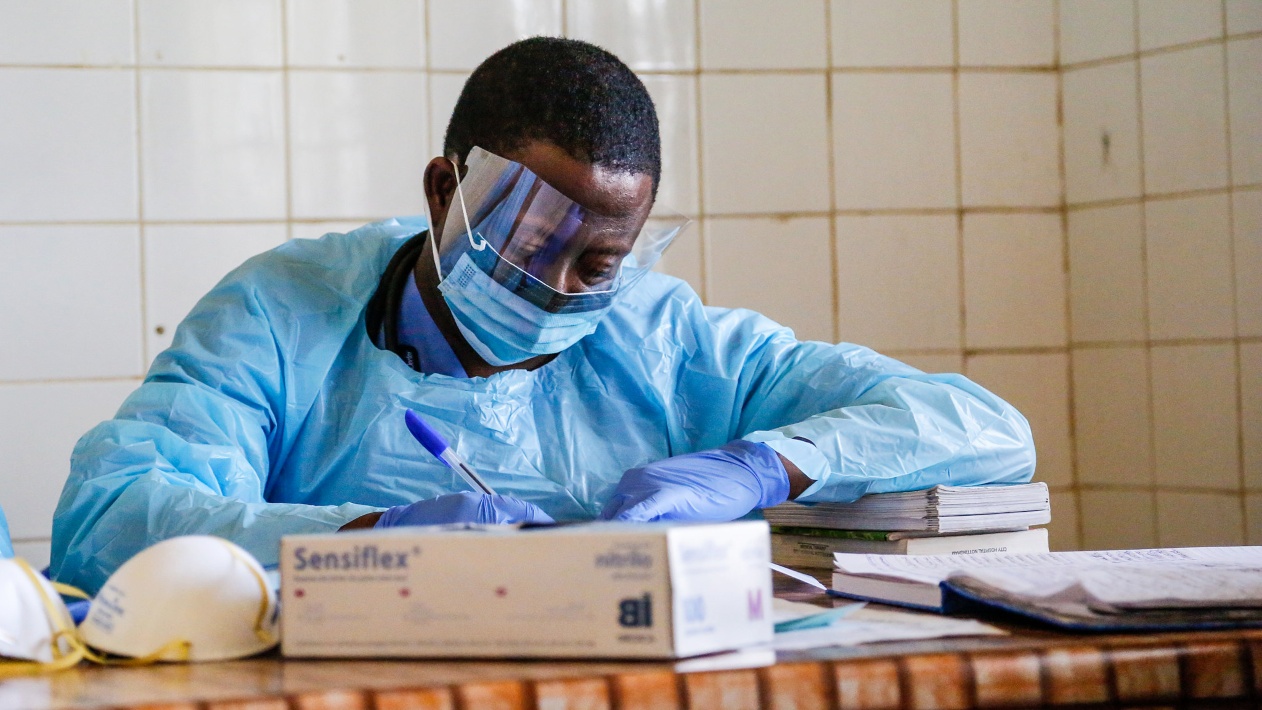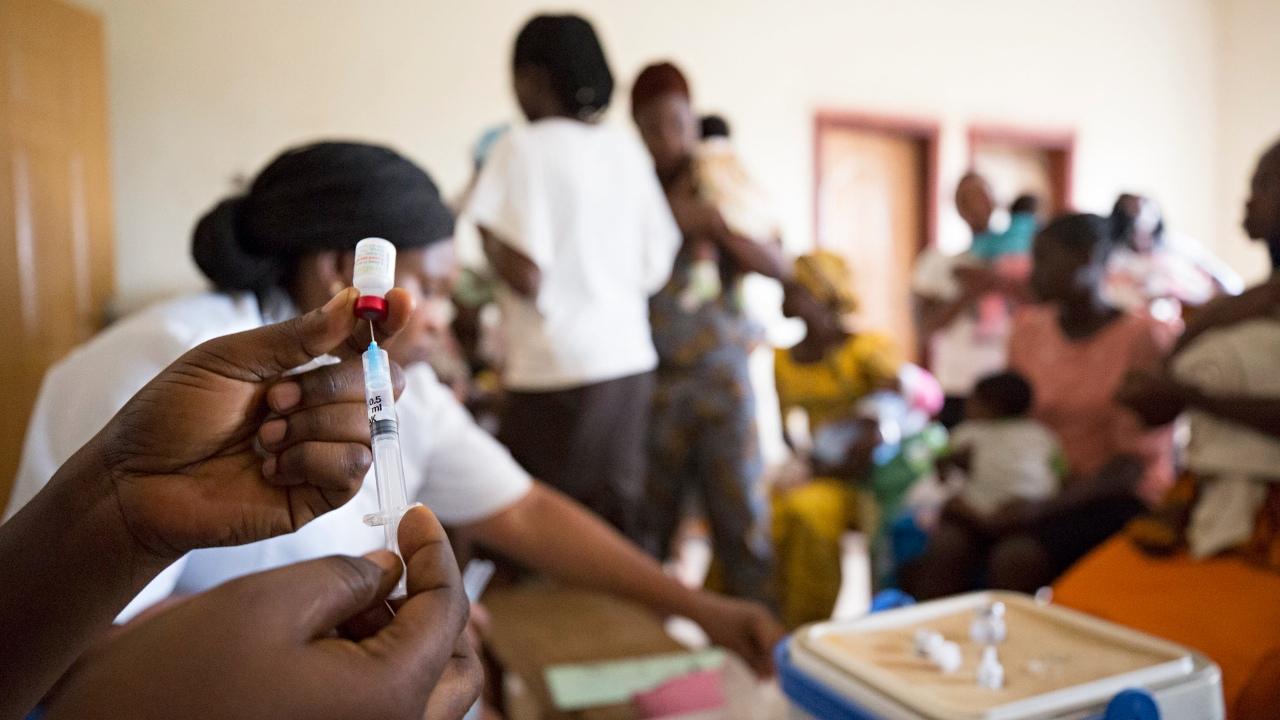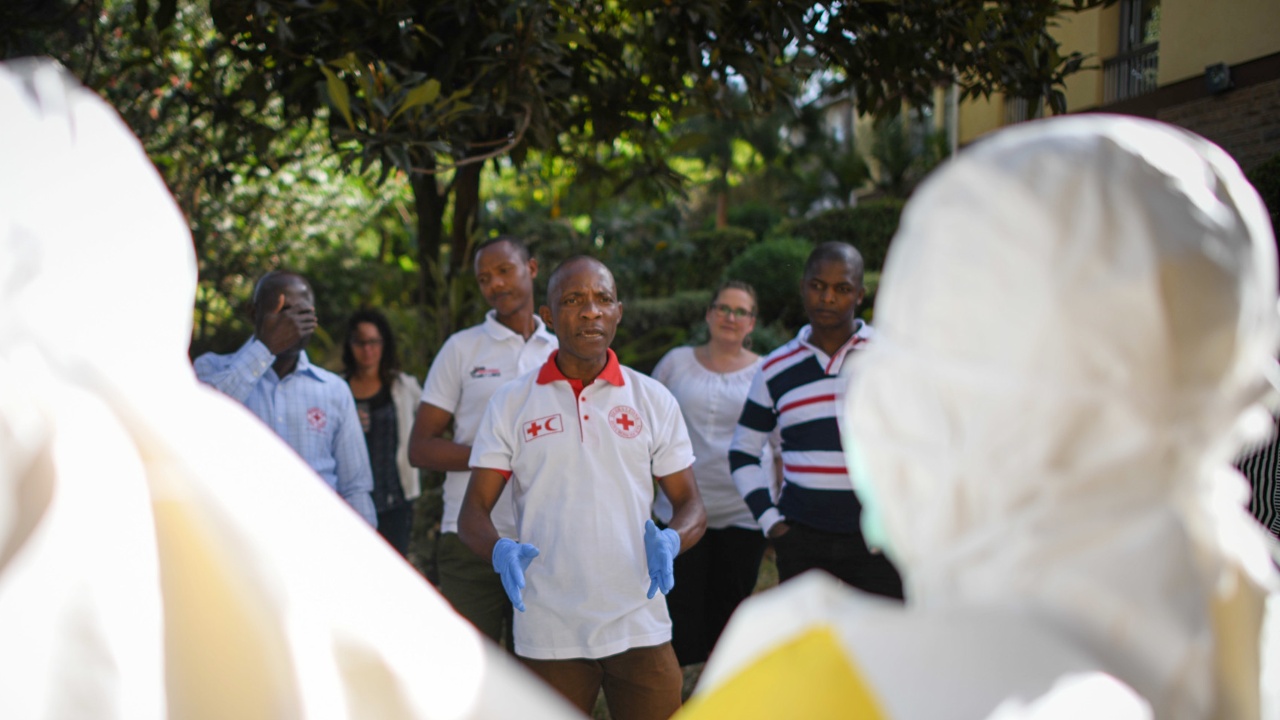The introduction of the mask during the COVID-19 outbreak changed daily life in eastern Democratic Republic of Congo and took many faces. From state repression in the city of Goma, to fear of the unknown in rural areas, the mask in the region generated both suspicion and humour. Christian Pole Pole Bazuzi, a researcher and one of the founding members and co-directors of Marakuja Kivu Research, shares his thoughts on the imposition of masks, which changed daily life in the provincial capital and the Kivus region more broadly.
Follow the series COVID-19 pandemic stories from the DRC and Sierra Leone.
On the 12 August 2020, masks were imposed upon the population of Goma with a bang. That morning, I had taken a taxi bus to my office and when we arrived at TMK Square (the name of a transports and communication company of the Kivus), we were surprised to find the area under the control of police agents of the roulage (the road police). The police were stopping public transport, private vehicles and even pedestrians, asking all passengers who weren’t wearing masks to step out and follow them.
This incident followed shortly on the heels of a decision taken by the ministers of the provincial government to counter the sharp rise in COVID-19 cases in the province of North Kivu. Just the day before, an announcement was made on the local radio by the interior minister Jean Bosco Sebishimbo, threatening retribution for failing to follow newly instated COVID-19 guidelines.
‘Tomorrow, Wednesday, we will crack down and those who dare go outside without a mask will be arrested and we will take them to the stadium where they will spend the day under the sun, standing on the burning sand of the stadium grounds, until the evening …. The government will not tolerate any lack of compliance with social distancing measures.’
The fallout from this message is what I witnessed firsthand the morning of 12 August. The entire city was essentially locked down as police vehicles covered the area, looking for maskless residents. Those who weren’t wearing a mask were confronted and brought to the Afia stadium, where they were forced to wait in the hot, dry sun all day long. Relatives of those who had been arrested, seeking to release their family members, travelled to the stadium to bring them masks and had found their brothers, sisters, daughters and sons sitting on the ground of the open air stadium, directly under and without any protection from the burning sun.
These relatives recollected seeing a look of despair on their loved one’s faces, albeit glimpsed from a distance – the result of a significant police deployment which was barring any contact between visitors and arrested family members. Initially, the police refused any form of bribe for the release of those arrested – an exception in the history of our province. Fear descended upon the city, and my children, similarly fearing, didn’t put a foot outside the house the entire day. Only my wife ventured out to the market and only in the evening, timidly, wearing a mask. Later in the evening, some of the detainees were released after having paid an exorbitant fine, while those who could not afford the fees ended up spending the night in the stadium.
Masks as a form of identity card
This dramatic wave of arrests, referred to as ‘don’t go out without a mask’, had a significant impact on the population. From that day onward, people started walking around with masks, some wearing them all day, others keeping them in their pockets or purses in the event of further police surveillance. As a result, the mask turned into a form of identity card in the city, which had to be carried around day and night, more so because of a fear of being arrested than for health reasons. As the price of masks in pharmacies rose five-fold, local sewing shops started producing them from local pagne cloth to allow the most vulnerable to buy some for 500 Congolese Francs (roughly $0.5US).
I bought masks for my entire household to avoid paying the expensive fines, which was a challenge because we had no income at the time. Indeed, COVID-19 provoked a deep economic crisis in most job sectors in eastern DRC, including for researchers, such as myself, who had our contracts suspended, our offices closed and our activities brought to a halt following sudden orders by the project funders. Adding to the frustration of a population already subjected to arbitrary and quotidian controls by security forces, the mask became another vehicle for the police to personally profit.
Different meanings for different regions
In the fragile security context of the city, the requirement to wear a mask opened the door to additional harassment of the population. Police and military forces started chasing people who didn’t comply, and the jails of the city quickly filled up. To get out, one had to pay $50US to police officers, an amount 10x higher than the 5000 Congolese Francs (roughly $5US) that the provincial government had set as the official fine.
Life in the city adapted to these measures, often in surprising ways. For example, during the wedding of my younger brother, which was delayed by six months, the entire assembly wore masks, including the bride and groom, who kissed with their masks, something we had never seen before. ‘Will they not spend the night together this evening?’ surprised guests wondered. Some people thought these measures were a manoeuvre to gain funding from western donors. Some people said: ‘It is a white people’s illness, we [Congolese] have antibodies that can resist this virus’, and others doubted the evidence citing that ‘the authorities are saying that we already have a lot of people infected, but can they show us a hospital in town where these ill people are being kept?’
I would later discover that the mask took on an entirely different meaning outside of the big cities when I went to carry out interviews in the schools of Baraka, South Kivu, following resumption of research activities and projects. As the leader of a team of researchers, I was responsible for ensuring that team members wore masks and respected social distancing measures, in accordance with the project protocols and national guidelines. But when we arrived in a small town outside of Baraka with our masks, I realised that people were staring at us. The humanitarian workers we knew asked us to remove them. They explained that the population thought that we had come with the virus to spread it among the local population! In the schools, children would run away when they saw us, as there were rumours that those who wear masks actually have COVID-19. They recommended we remove them, in order to be accepted by the community. We had to adapt, often with the help of a bit of humour. Thus, the mask took on different meanings in eastern DRC – that of state repression and fear of the unknown. But laughter, even hidden under a mask, never disappears in Congo.
Photo by Abubakar Balogun on Unsplash.





